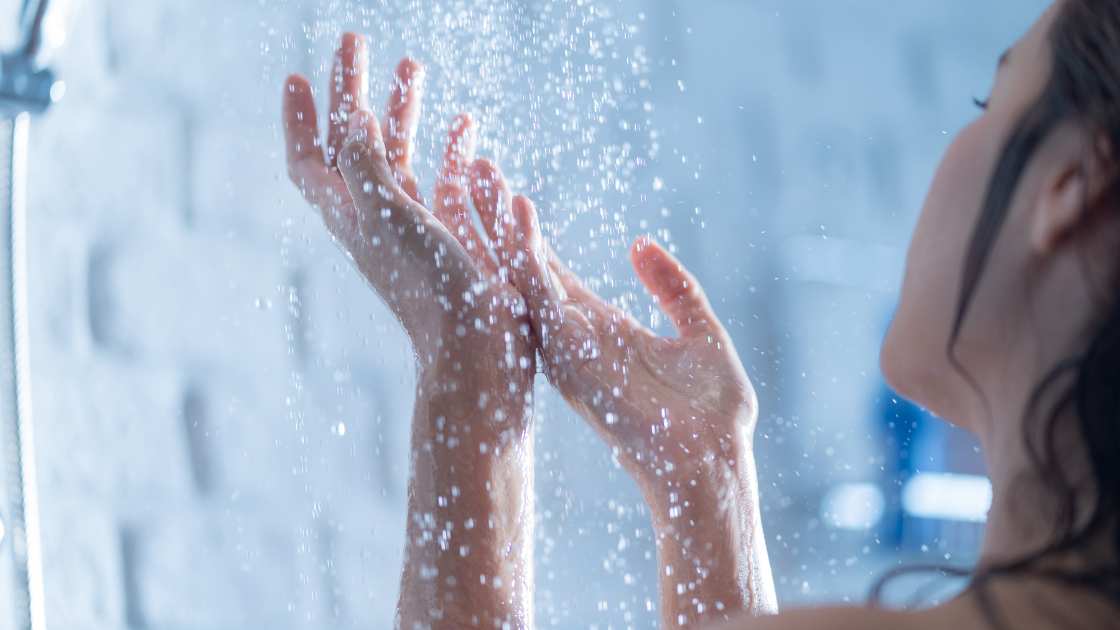When it comes to bathroom remodeling or renovation, waterproofing is one of the most important factors to consider. A properly waterproofed shower prevents water from penetrating the tiles and grout, which can lead to mold and mildew growth, structural damage, and costly repairs. In this article, we will discuss the best shower waterproofing systems that you can use to protect your bathroom.
What is a Shower Waterproofing System?
A shower waterproofing system is a set of materials and techniques used to prevent water from penetrating the shower area and damaging the bathroom structure. It typically includes a waterproofing membrane or barrier, a drainage system, and sealants or adhesives.
Liquid Waterproofing Membrane
Liquid waterproofing membranes are a popular choice for shower waterproofing because they are easy to apply, flexible, and provide excellent coverage. They can be applied to various surfaces such as concrete, plaster, and wood, and can be used for both new construction and renovation projects. Liquid waterproofing membranes are typically made of acrylic, polyurethane, or rubber and can be painted or sprayed onto the surface.
Sheet Membrane Waterproofing
Sheet membrane waterproofing is a traditional method of shower waterproofing that involves laying a waterproofing membrane over the shower area. It is typically made of PVC, rubber, or bituminous material and can be applied to the shower floor, walls, and ceiling. Sheet membrane waterproofing is durable and provides excellent protection against water damage.
Cementitious Waterproofing
Cementitious waterproofing is a type of waterproofing that involves applying a cement-based coating to the shower area. It is a cost-effective option that can be used for both new construction and renovation projects. Cementitious waterproofing provides excellent adhesion to various surfaces and is resistant to cracks and leaks.
Sealing and Caulking
Sealing and caulking are important steps in shower waterproofing that should not be overlooked. They are used to seal gaps between tiles and prevent water from seeping through. Silicone sealant and caulk are popular choices for sealing joints and gaps in the shower area. They are flexible, durable, and provide excellent water resistance.
FAQ’s
What is the best shower waterproofing system for a DIY bathroom renovation project?
The best shower waterproofing system for a DIY bathroom renovation project is a liquid waterproofing membrane. Liquid waterproofing membranes are easy to apply and can be painted or sprayed onto the surface. They are also flexible and provide excellent coverage. However, it is important to follow the manufacturer’s instructions carefully and ensure proper ventilation during application.
How long does a shower waterproofing system last?
The lifespan of a shower waterproofing system depends on various factors, including the type of system used, the quality of materials, and the installation process. Generally, a properly installed and maintained waterproofing system can last between 10-20 years. However, it is important to regularly inspect the shower area for signs of damage and address any issues promptly to ensure maximum lifespan.
Can I use a shower curtain instead of waterproofing the shower area?
While a shower curtain can help prevent water from splashing outside the shower area, it is not a substitute for proper waterproofing. Over time, water can seep through the curtain and cause damage to the bathroom structure. Additionally, shower curtains can harbor mold and mildew, which can be difficult to clean and can cause health problems. It is recommended to use a proper shower waterproofing system to ensure maximum protection against water damage.
Conclusion
Choosing the right shower waterproofing system is essential to protect your bathroom from water damage. Liquid waterproofing membranes, sheet membrane waterproofing, cementations’ waterproofing, and sealing and caulking are all effective methods of shower waterproofing. Before starting your bathroom renovation project, consult with a professional to determine the best waterproofing system for your needs.

